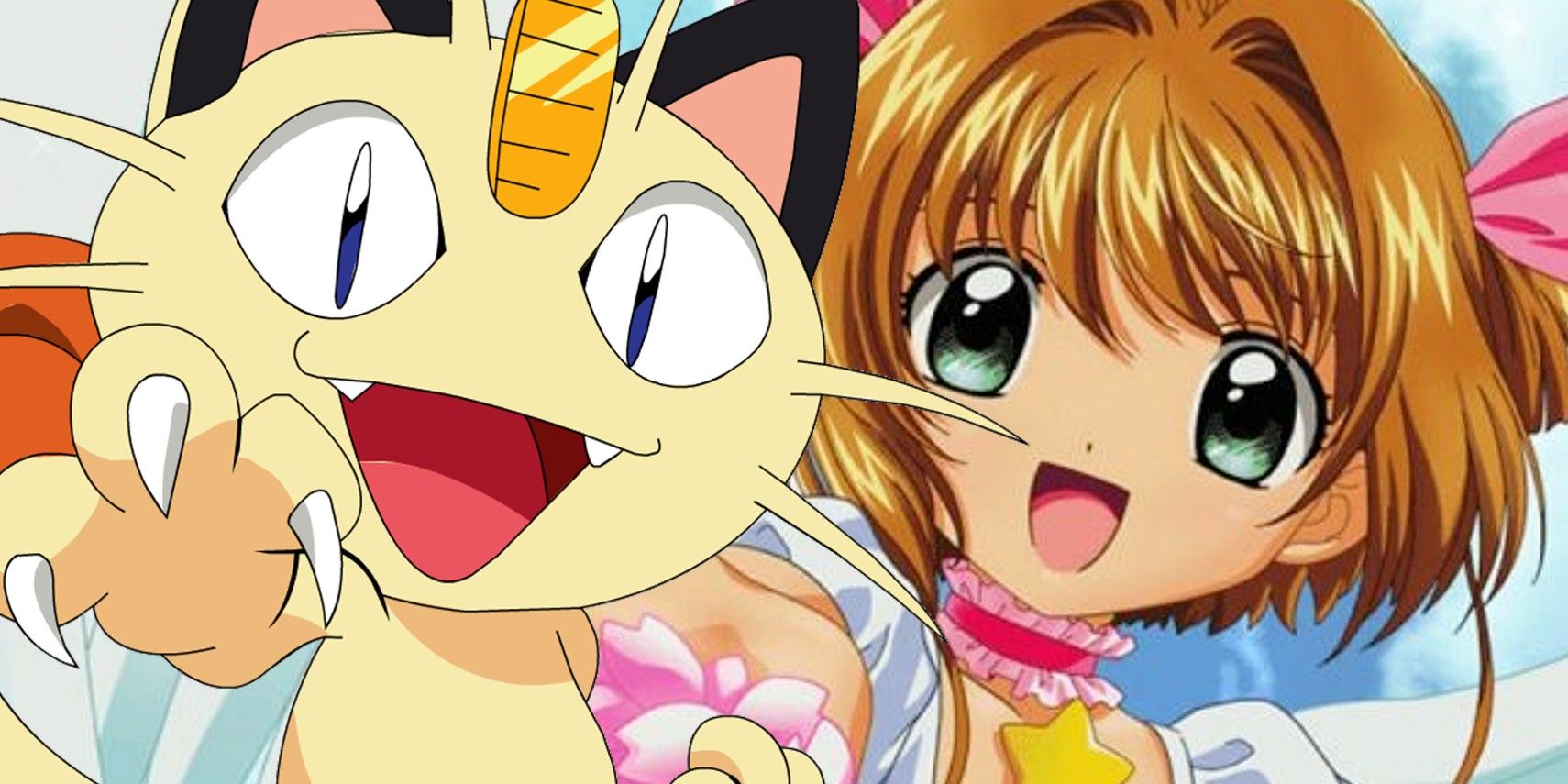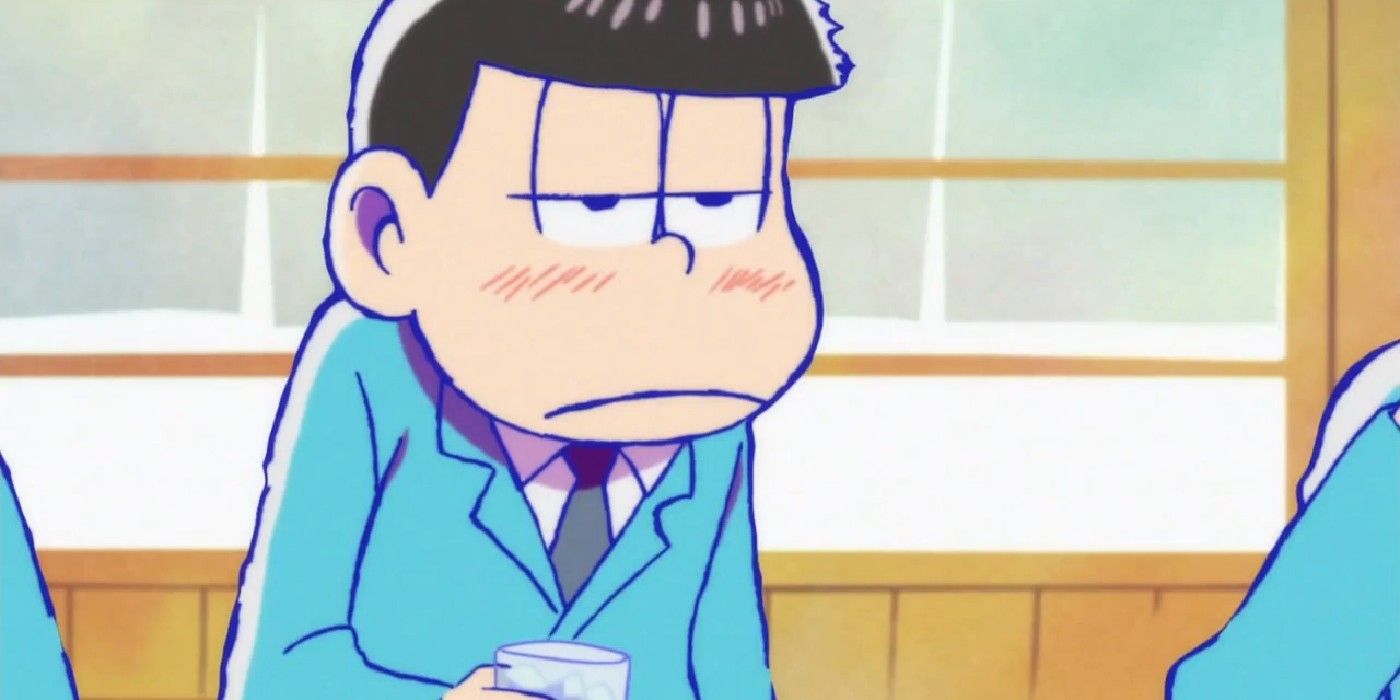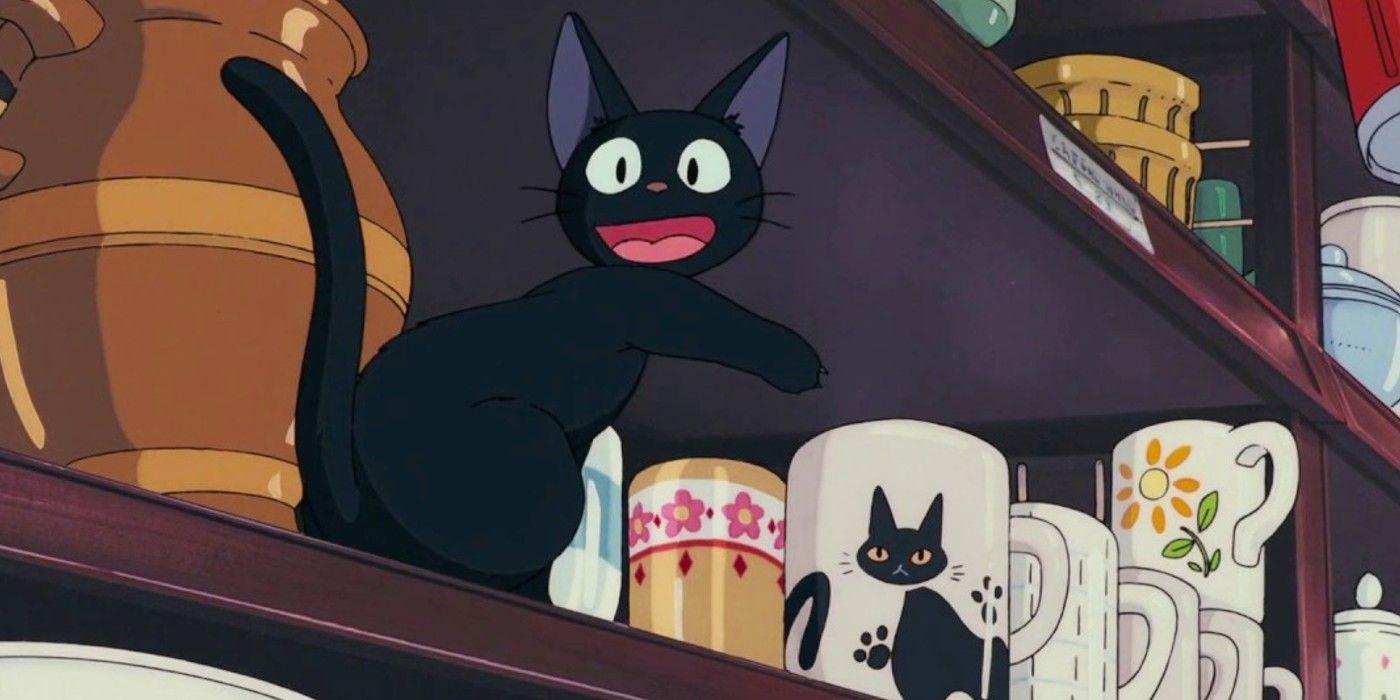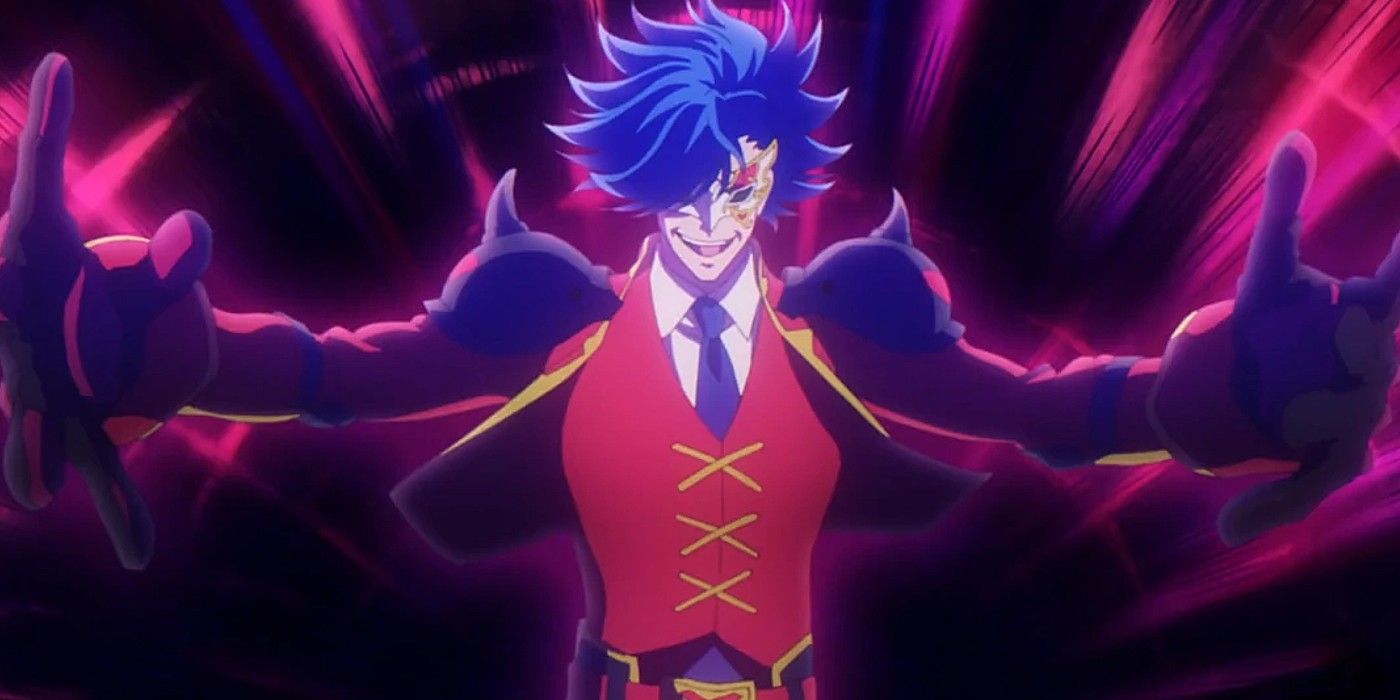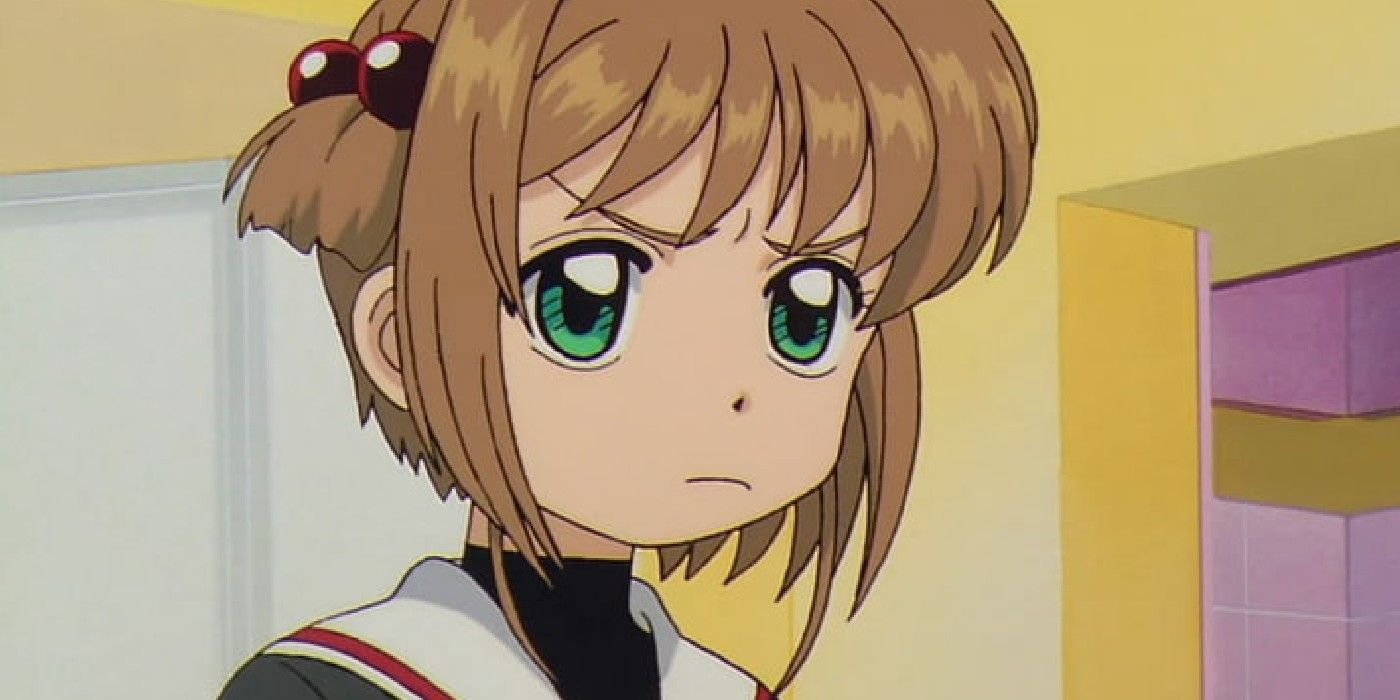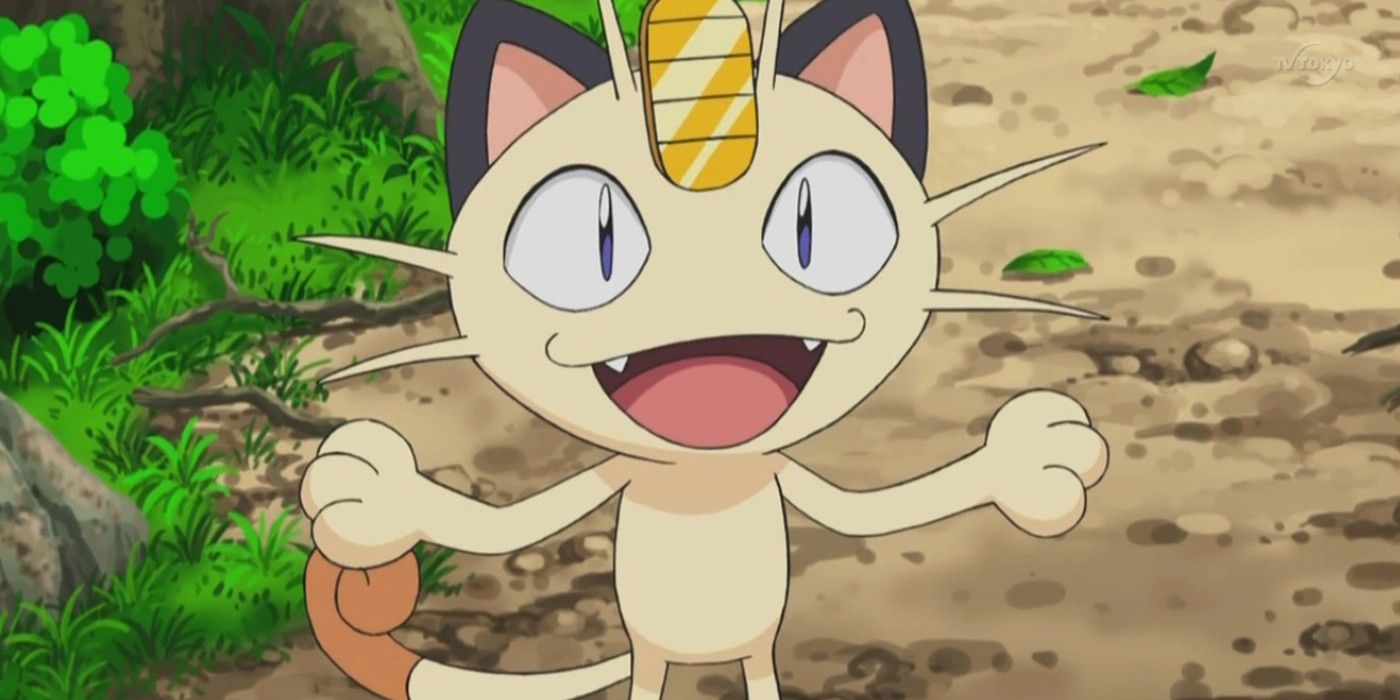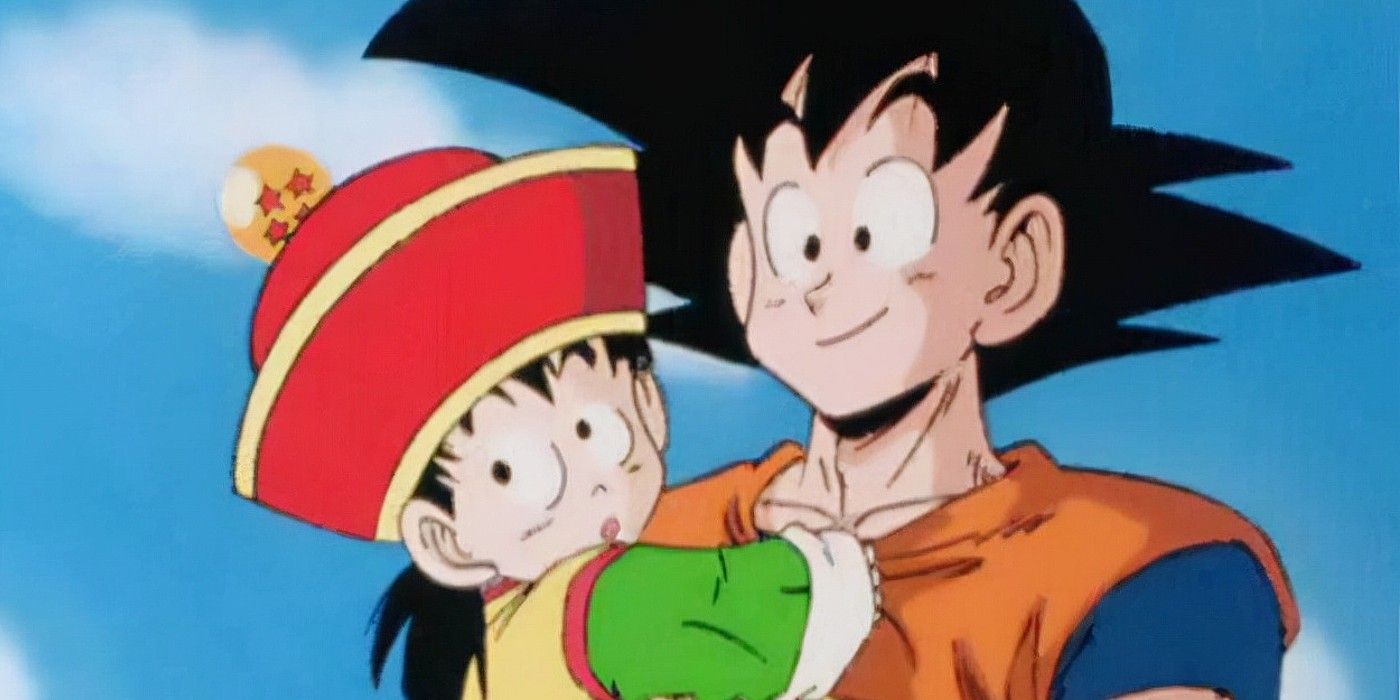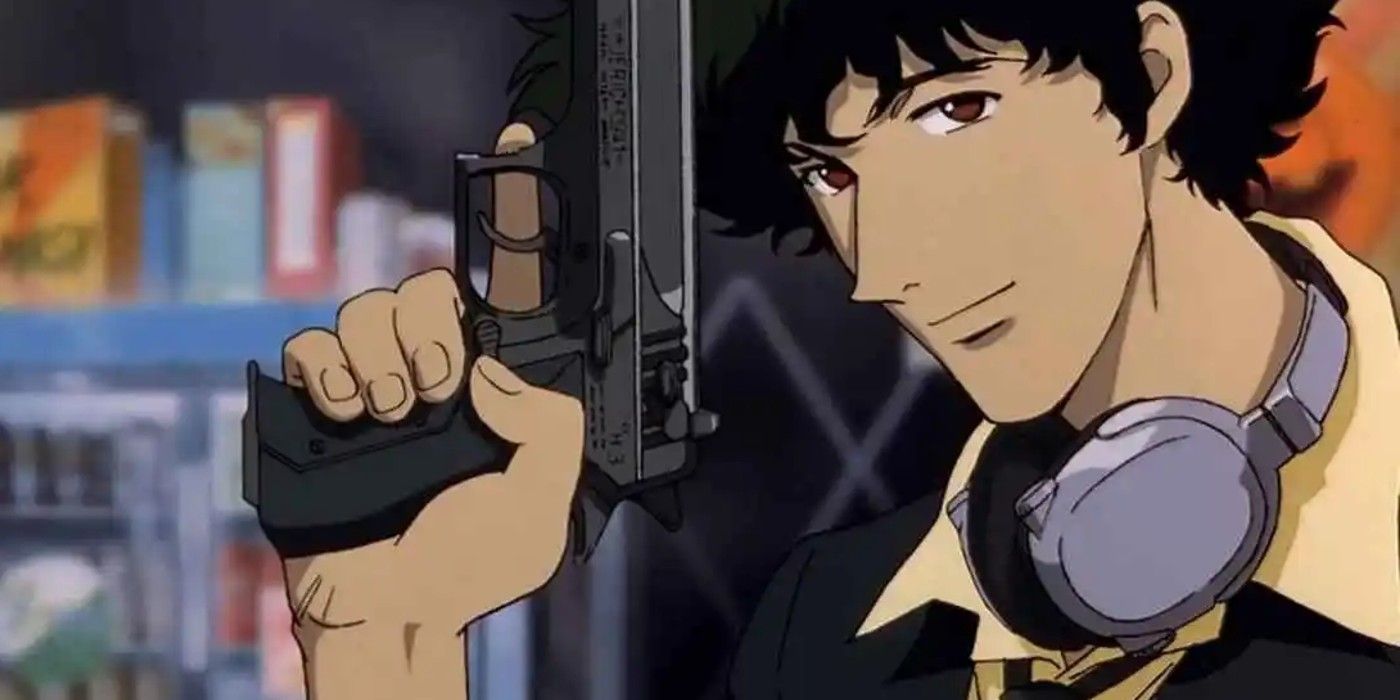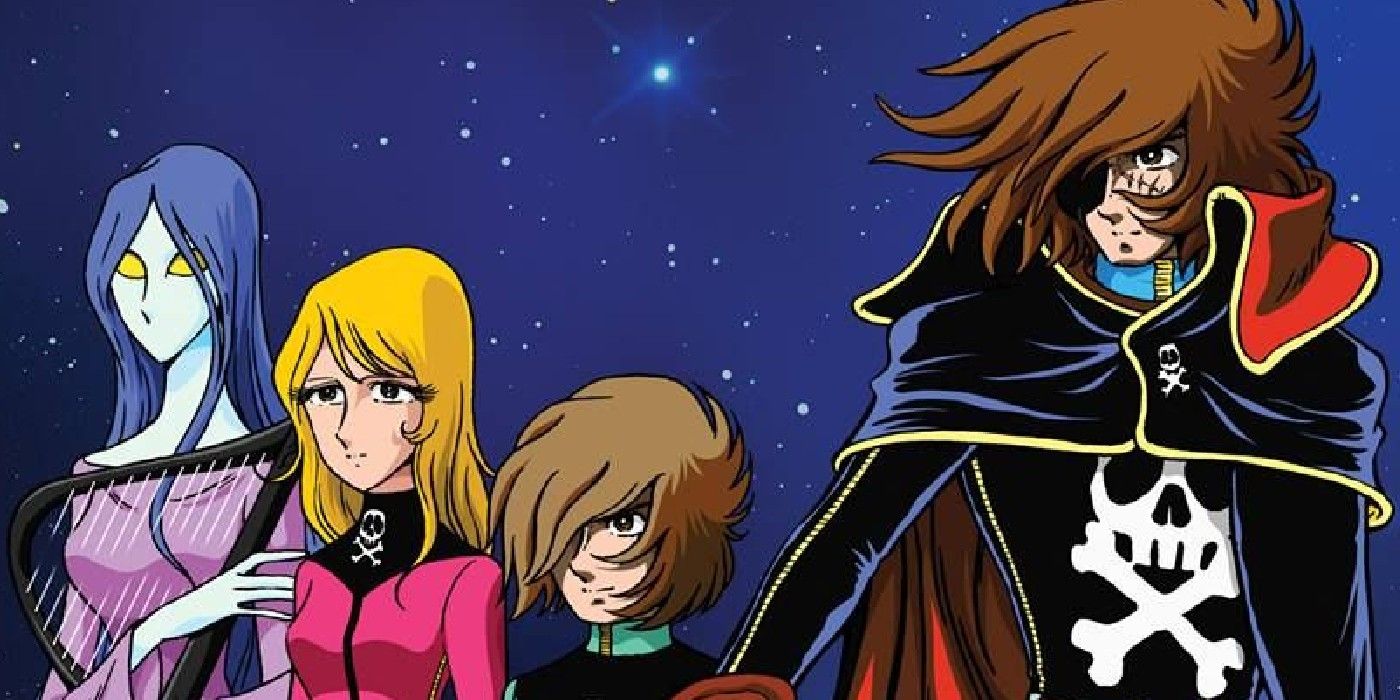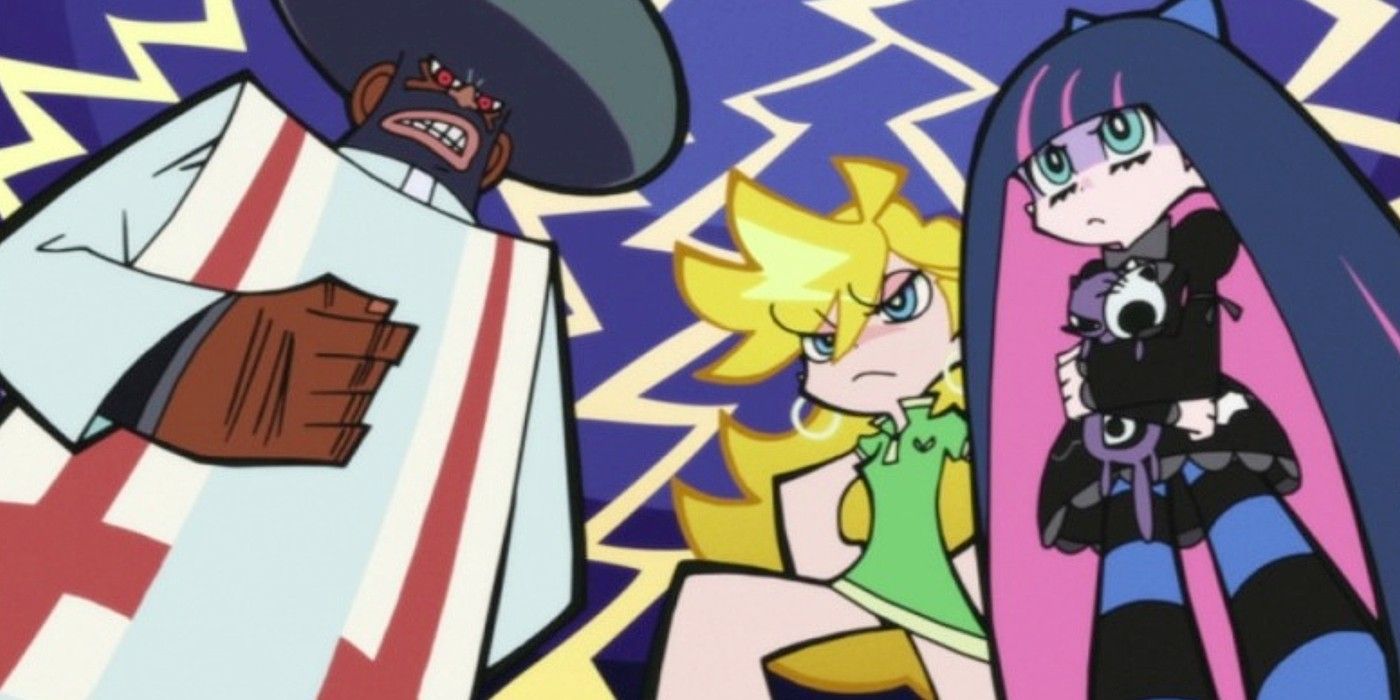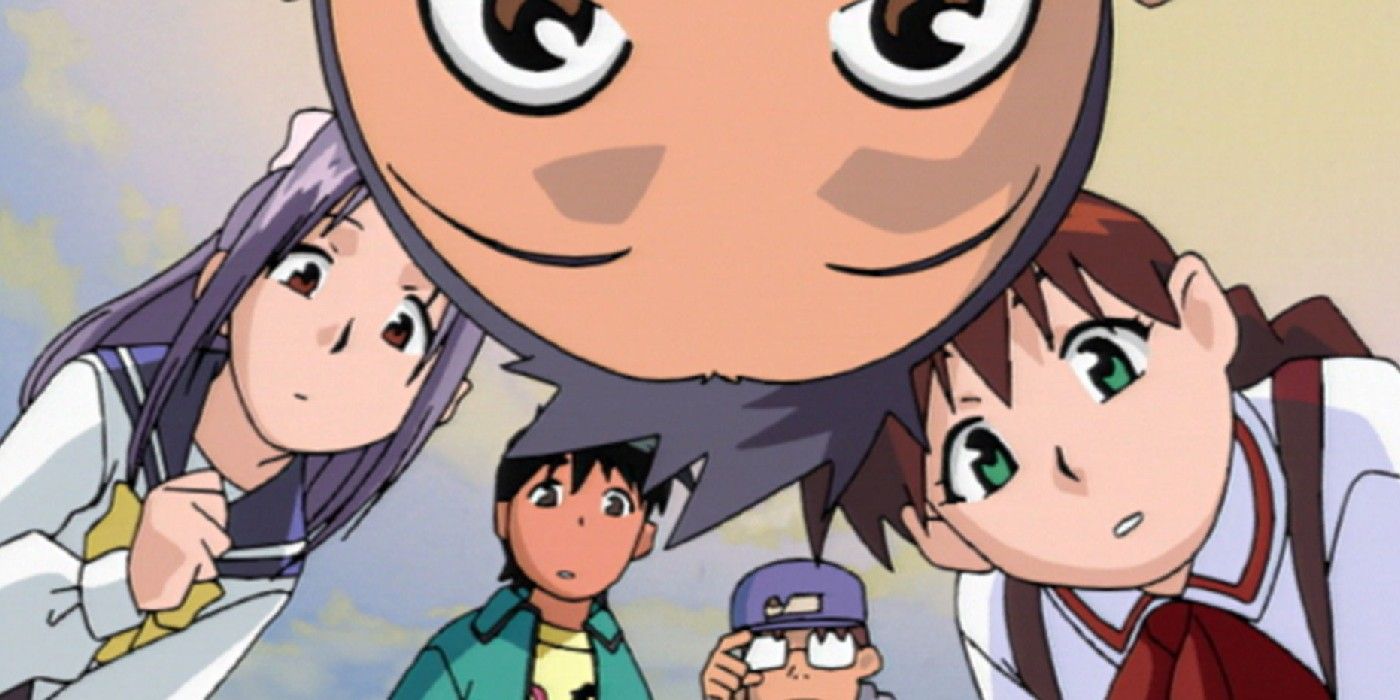Whenever an anime character gets dubbed, some changes are inevitable. Usually, this amounts to changing some references and rephrasing bits of dialogue. However, there are times when a character is basically rewritten for a new language.
Thanks to localized scripts and new voice actors, these characters got a different personality when they made it to the West. This, however, was not a bad thing, as these changes often found praise among fans and even the anime's creators.
10 Osomatsu-San — Ichimatsu Matsuno Became Edgier & More Comically Nihilistic
The thing about Osomatsu-San's Ichimatsu is that his dark persona is a front. Though he often says that he wishes he and his brothers were dead, the truth is that he actually cares for them and that he doesn't mind living. If Jun Fukuyama let parts of Ichimatsu's soft side slip through the cracks, Kyle McCarley dialed up his edge for comic effect.
In Japanese, it was obvious that while Ichimatsu liked being sarcastic, he made sure to never cross the line. Meanwhile in English, Ichimatsu had no such pretenses and let his words cut as deeply as they could. Also, thanks to a less restrained English script, Ichimatsu was depicted to be even edgier and more perverted than he already was.
9 Kiki's Delivery Service — Jiji Became Sassier & More Sarcastic
When Kiki arrived at the big city in Kiki's Delivery Service, she brought her loyal cat Jiji along. While Kiki's characterization as a precocious girl was consistent in the Japanese and English dubs, Jiji's personality widely differed depending on the spoken language. In brief, Rei Sakuma portrayed Jiji as cautious and reserved, while Phil Hartman made him blunt and sarcastic.
This was because when Disney acquired the rights to Kiki's Delivery Service by Studio Ghibli, they let Hartman ad-lib as much as he wanted instead of following the original script. Moments of dead air and silence were then filled with Hartman's sardonic color commentary, which in turn gave Kiki and her pet cat a very different dynamic from their Japanese originals.
8 Sk8 The Infinity — Adam Became More Flamboyant & Playful
In Sk8 The Infinity, Ainosuke Shindo may be a respected politician by day, but his true power only manifests itself in the underground skaters' paradise "S." At night, Ainosuke becomes the legendary skater Adam, whose menacing presence is perfectly realized by Takehito Koyasu's fearsome baritone. Unsurprisingly, Koyasu also voiced Dio in JoJo's Bizarre Adventure.
If Adam was fearsome in the Sk8 The Infinity's Japanese dub, he was mischievous in the localization. David Wald gave Adam a more playful persona, as seen in how he flirted with his rivals, whereas Koyasu just belittled them. Wald's performance gave Adam's angst a new side, as it emphasized his childlike immaturity while Koyasu highlighted his villainy.
7 Cardcaptor Sakura (2000) — Sakura Kinomoto Became Spunkier
When Cardcaptor Sakura started, Sakura was 10 years old. As such, Sakura's longtime Japanese voice actress Sakura Tange depicted her as girlishly and innocently as she could. In contrast, the anime's first dub (titled Cardcaptors) rewrote Sakura to be more precocious and tomboyish, while also cutting scenes of her crying or being childish.
The licensing company Nelvana and network Kids WB! did this under the belief that anime's biggest audience in 2000 was dominantly male, so they reworked Sakura (voiced by Carly McKillip) into a tough but plucky heroine. Cardcaptor Sakura's rereleases were more faithful to the text, though they kept Sakura's new attitude to some degree.
6 Pokémon: The Series — Meowth Became A Street-Smart Tough Guy
When Pokémon first made it to America, many of the characters' personalities were changed thanks to the new script and actors. Of all the characters, the Team Rocket Trio (and especially Meowth) arguably changed the most. If Jessie and James were more airheaded than their original versions, Meowth's smarter side was all but excised in English.
In Japanese, Meowth (voiced by Inuko Inuyama) was the trio's brain and resident intellectual. In English, Meowth (voiced by Matthew Sussman, Maddie Blaustein, and Jimmy Zoppi) was a cocky tough guy who sounded like he came from Brooklyn's rough streets. This Meowth was still the trio's smartest member, but he preferred fighting over thinking.
5 Dragon Ball Z — Goku Became A Better & More Relatable Father
Goku is arguably one of the most irresponsible absentee fathers ever seen in anime, but Western audiences saw him as an aspirational father figure. This was probably due to how Dragon Ball Z's original English dub tweaked Goku's personality to make him likeable.
In Japanese, Goku (voiced by Masako Nozawa) was an aloof country bumpkin whose only priority was fighting. In English, Goku (voiced by Ian James Corlett, Peter Kelamis, and Sean Schemmel) was a loving dad and noble warrior. When Goku's more text-accurate callousness was shown in Dragon Ball Super, fans were surprised by his lack of values.
4 Cowboy Bebop — Spike Spiegel Became More Tired & World-Weary
Cowboy Bebop owes a lot to Western movies (especially Film Noir) and its dub acknowledged these influences. Steve Blum gave Spike a hardboiled voice, making him sound like the kind of fatalistic gun-for-hire commonly found in seedy underworlds. Blum's performance was instantly iconic, but it couldn't be more different than its original version.
When Koichi Yamadera voiced Spike, he interpreted him as a laidback gunslinger with a dark past. Where Blum's Spike seemed resigned to his inevitable death, Yamadera's version was too relaxed to worry about it. Interestingly, it's been said that Cowboy Bebop composer Yoko Kano preferred Blum's voice, which she said was "sexy."
3 Space Pirate Captain Harlock (1981) — Everyone Became Goofy Saturday Morning Cartoon Characters
Space Pirate Captain Harlock may be a colorful space opera, but it takes itself fairly seriously. This wasn't the case when it made it to American video stores, which decided to turn it into a goofy Saturday morning cartoon. However, this was only the case for two of four episodes that were localized by Ziv International and sold on VHS tapes.
Episodes 2 and 3 of Space Pirate Captain Harlock were filled with adlibs and jokes that parodied the anime itself. Tadashi Daiba was now Tommy Hairball and he was a ditzy kid who bumped into the manic Captain Harlock. To this day, no one is sure why this happened, though some theorized that Episodes 2 and 3 were rejected pitches for a more kid-friendly localization.
2 Panty & Stocking With Garterbelt — Everyone Became Crasser & More Vulgar
In Japan, swearing in Japanese is frowned upon by censors, while cussing in foreign languages is perfectly fine. This double standard was part of the reason why Panty And Stocking With Garterbelt even exists. In brief, it was made so that the creators could get away with as much profanity as they wanted by making the anime as "American" as possible.
When Arisa Ogasawara (Panty), Mariya Ise (Stocking), and others dropped English F-bombs, the joke was the cursing itself, since they said banned words on Japanese TV. But when Jamie Marchi (Panty), Monica Rial (Stocking), and others did it, their lewd dialogue and insults were more thought out, making their vulgarity more deliberate and profane.
1 Ghost Stories — Everyone Became Dumber & Wackier
As is common knowledge by now, Ghost Stories bombed so hard in Japan that its producers sold it for cheap to American localizers under the condition that they do literally anything to salvage it. ADV Films took this as the permission they needed to turn the generic paranormal investigation show into a farce — and it became the stuff of legend.
Under ADV's script, every Ghost Stories character was rewritten into self-parodies or new punchlines. For example, if Satsuki (Hilary Haag) was the same determined schoolgirl if a lot meaner, Momoko (Monica Rial) became a religious zealot while Kaya (Rob Mungle) became a rude cat. ADV's work overshadowed the Japanese dub — so much so that it's the only dub fans will take.

